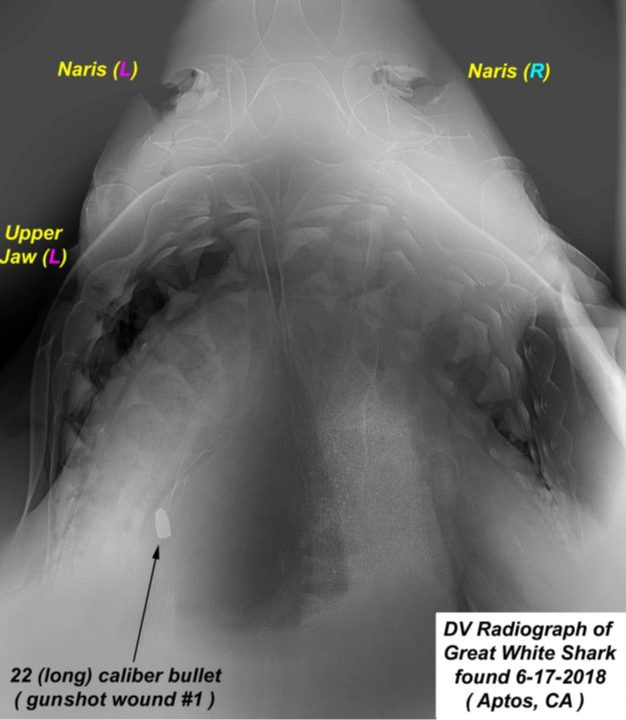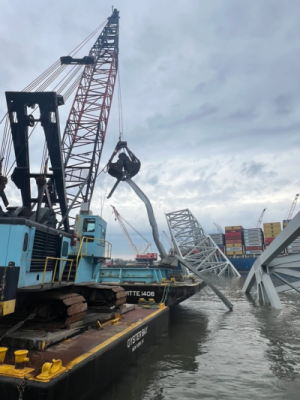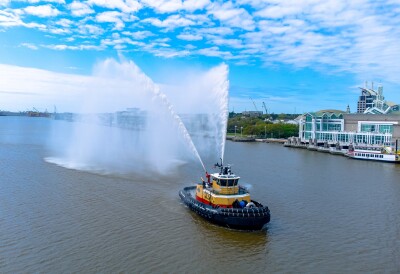At SMM in Hamburg yesterday I came across two short-sea shipping concepts.The first was from the classification society DNV GL, which has developed the ReVolt.
DNV GL touts the vessel as “greener, smarter and safer than conventionally fueled and operated vessels.” It is autonomous, fully battery powered and highly efficient, DNV said. Here’s how it works: Instead of diesel, the ReVolt is powered by a 3,000-kW battery, which will reduce operating costs by minimizing the number of high maintenance parts such as rotational components. The vessel's range on one battery charge will be 100 nautical miles. The ReVolt does not require a crew which, according to DNV, helps address one of the shipping industry's weakest links: its safety record. Studies have shown that the majority of accidents are caused by human error. Unmanned vessels remove human error from the equation and make the ships more cost-efficient to operate.
With no crew, there is also no need for crew accommodations. According to DNV, the resulting increase in loading capacity, as well as low operating and maintenance costs, means that the ReVolt could save up to $34 million over a diesel-powered ship over the course of its estimated 30-year lifespan. The concept ship is currently still being tested.
The second concept is the Port Feeder Barge, billed as a floating infrastructure for container ports. Port Feeder Barge CEO and Managing Director Prof. Dr. -Ing Ulrich Malchow visited me yesterday at our booth. He said the 168-TEU-capacity barge is designed to operate between various terminals in order to shift intra-port container transshipments from road to waterway. He said it could work between Mississippi River ports, congested East Coast ports that are located near each other and other U.S. ports. The 213'x70' self-propelled double-ended barge will have four 280-kW diesel-electric-powered rudder propellers, which will give the barge a speed of 7 knots. Malchow said the key element of the barge is that it has its own full-scale 40-ton capacity container crane. I’ll let you know if Machow’s patented concept gains any traction.





